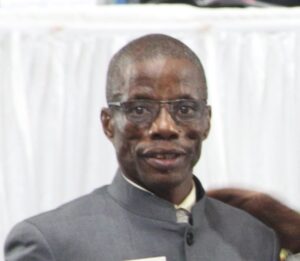By Norman Mwale [The PenPusher]
President Emmerson Mnangagwa’s recent visits to churches in Zimbabwe have sparked a mixed reaction from the public, highlighting the complexities of intertwining politics and faith.
While these visits can be seen as a positive step towards promoting unity and peace, some critics view them as attempts to garner support or approval from religious communities.
Mnangagwa’s administration has had notable interactions with various church groups. For instance, the Seventh-day Adventist Church has a significant presence in Zimbabwe, with 217 churches across the country, including notable ones like the Bluffhill SDA Church in Harare and the Bulawayo City Centre Seventh-Day Adventist Church.
The church’s growth is evident, with an 8.50% increase in the number of churches from 2023 to 2024.
However, the President’s relationship with some church leaders has been strained. The Zimbabwe Catholic Bishops Conference issued a scathing pastoral letter criticizing the government’s human rights record, prompting Mnangagwa to accuse some churches of advancing “nefarious agendas” for detractors of the country.
This tension highlights the delicate balance the President must maintain in his interactions with religious groups.
To navigate these complexities, Mnangagwa should prioritize transparency and consistency in his actions and words, ensuring they align with his administration’s policies and values.
Fostering open communication with various stakeholders, including church leaders and citizens, can help build trust and understanding.
Additionally, acknowledging and respecting the diversity of religious beliefs and practices in Zimbabwe, while avoiding favouritism or perceived bias, is crucial in maintaining a positive relationship between the government and religious institutions.
The alleged threat to the Seventh-day Adventist church due to businessman Tagwirei’s influence, if true, could further complicate the President’s relationships with religious groups.
Therefore, it is essential for Mnangagwa to engage with church leaders and address any concerns they may have, promoting unity and cooperation between the government and religious institutions.
By engaging with church leaders, Mnangagwa can encourage partnerships between the government and religious institutions, driving national development and providing much-needed support to communities.
Ultimately, the key to successful church-state relations lies in finding a balance between respecting the role of religion in society and maintaining the separation of church and state.



